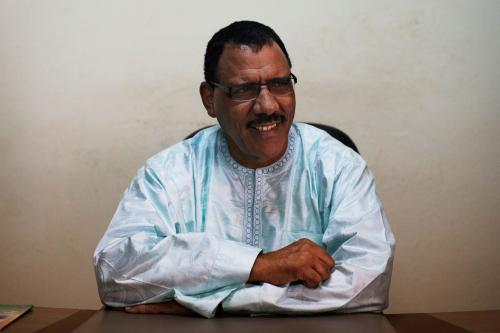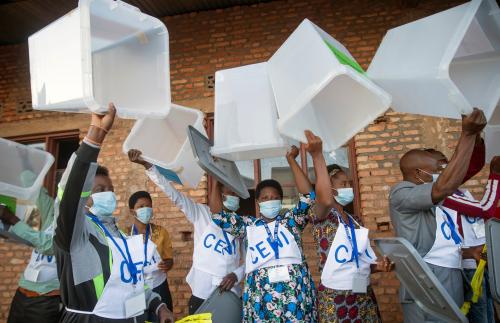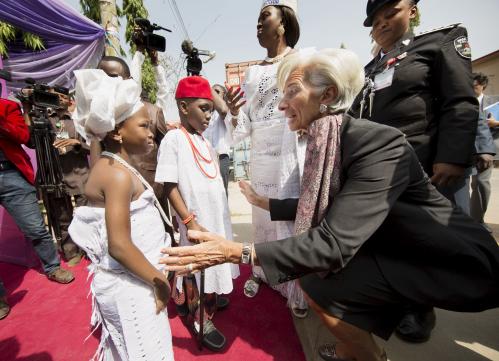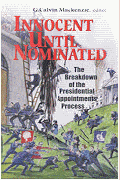Sudan devalues currency
On Wednesday, the Central Bank of Sudan steeply devalued its currency to appeal to foreign donors and access debt relief. After being pegged at 55 Sudanese pounds to the U.S. dollar for the past year, the pound was trading late Thursday at 375 pounds to the dollar. The devaluation, which speculators had been expecting for several months now, had been delayed due to volatile prices and complications surrounding the political transition.
Sudan became eligible for financial assistance from multilateral organizations late last year when the United States removed Sudan from its list of state sponsors of terrorism. Sudanese officials hope that the devaluation will satisfy International Monetary Fund demands that could spell relief on Sudan’s roughly $60 billion foreign-held debt. In addition, Foreign Minister Jibril Ibrahim told reporters that the government hopes the devaluation will attract additional remittance flows and foreign investment once the exchange rate is stabilized. Ibrahim also said that nonessential imports were limited in advance of the devaluation to avoid confusion.
Economists offered mixed opinions of the devaluation. Sudan-based economist Abubakr Omer surmised that it was a positive policy because it will allow Sudan to mobilize capital to utilize its abundant natural resources. Others, such as Waleed Alnoor, are worried that the devaluation could have a severe impact on residents whose savings are denominated in Sudanese pounds rather than a foreign currency, which constitutes a majority of savers in the country.
Financing Africa’s COVID-19 vaccines
On Wednesday, South Africa’s Treasury revealed its 2021 budget to parliament, revealing the nation is weighing whether to spend up to $1.33 billion in the next three years to acquire enough doses to vaccinate a majority of its population, leaving policymakers with the difficult tradeoff between fiscal health and physical health. Explained by a Treasury spokesperson this week: “On one side is a raging pandemic … on the other side is a weak economy, with massive unemployment, that is burdened by ailing state-owned companies, the highest budget deficit in our history and rapidly growing public debt.” The value of the rand and bond yields rallied following the budget proposal.
After acquiring 300 million doses of Russia’s Sputnik V coronavirus vaccine, the African Union has emerged as one of the world’s biggest vaccine buyers. The Sputnik V vaccine comes at a cost, however: At $9.75 per dose, Sputnik V is more expensive than many other vaccines on the market, including Oxford/AstraZeneca ($3), Novavax ($3), and BioNTech/Pfizer ($6.75). Only Moderna’s vaccine, which is priced between $32 and $37, is significantly more expensive than Sputnik V.
Bobi Wine concedes, Niger’s election concludes, and Somalia remains in gridlock
This week, Ugandan opposition leader Bobi Wine withdrew his court case challenging the country’s presidential election results, alleging the Ugandan Supreme Court’s partiality, lack of independence, and predisposition toward incumbent President Yoweri Museveni. Wine, who was under house arrest not long after the election, had asked the court to overturn the election on several grounds, specifically citing the pervasive use of violence by the country’s security forces against opposition supporters. Human Rights Watch characterized the election season as marred by violence and human rights abuses, including an internet blackout during voting and an ongoing restriction of social media. Dismissing these accusations, Ugandan President Museveni called the election “the most cheating-free” since the country’s independence from the United Kingdom in 1962.
The second-round, run-off presidential election in Niger concluded this week with the country’s ruling party candidate, Mohamed Bazoum, winning 55.75 percent of the vote to beat former President Mahamane Ousmane. None of the candidates in Niger’s presidential election managed to secure a majority in the initial presidential election held in December 2020, resulting in a run-off election between the top two candidates this month. Niger’s election is historic for the Sahel nation, as it heralds the first transition from one democratically elected president to another. Although uncorroborated by evidence, Ousmane alleges the election was corrupted by widespread fraud, specifically citing threats against voters and ballot box theft and stuffing.
Originally scheduled for December 2020, Somalia’s presidential elections remain delayed. Elections were planned to be held on February 8, 2021, but protracted negotiations—among President Mohamed Abdullahi Mohamed and the Federal Government of Somalia with an alliance of opposition parties and the Federal Member States—have not been able to agree on steps forward. The opposition party has accused the president of packing supporters into legislative positions that, due to the country’s indirect democracy electoral system, will select the next president. As a result, the opposition holds steadfast to rejecting the president’s bid for a second term.










Commentary
Africa in the news: Sudan, COVID-19 vaccine, and political updates
February 27, 2021